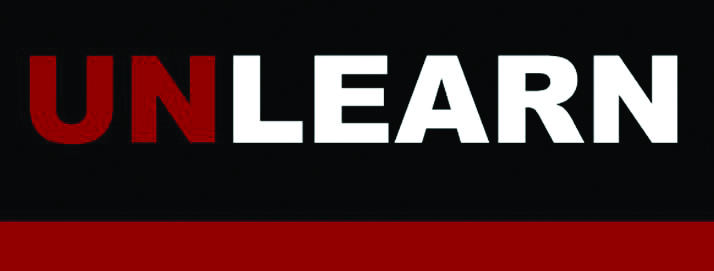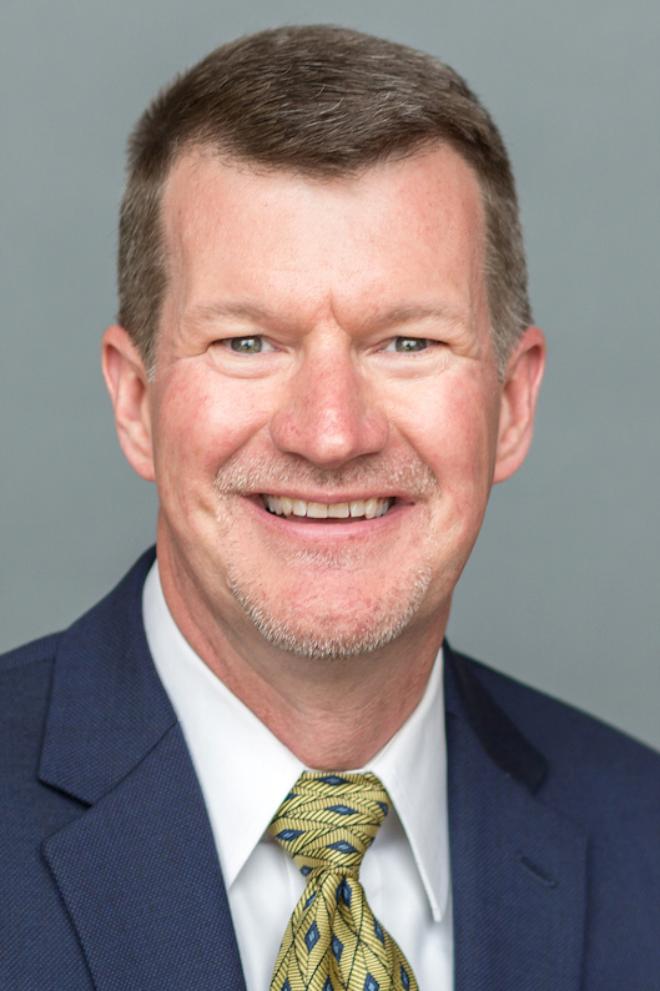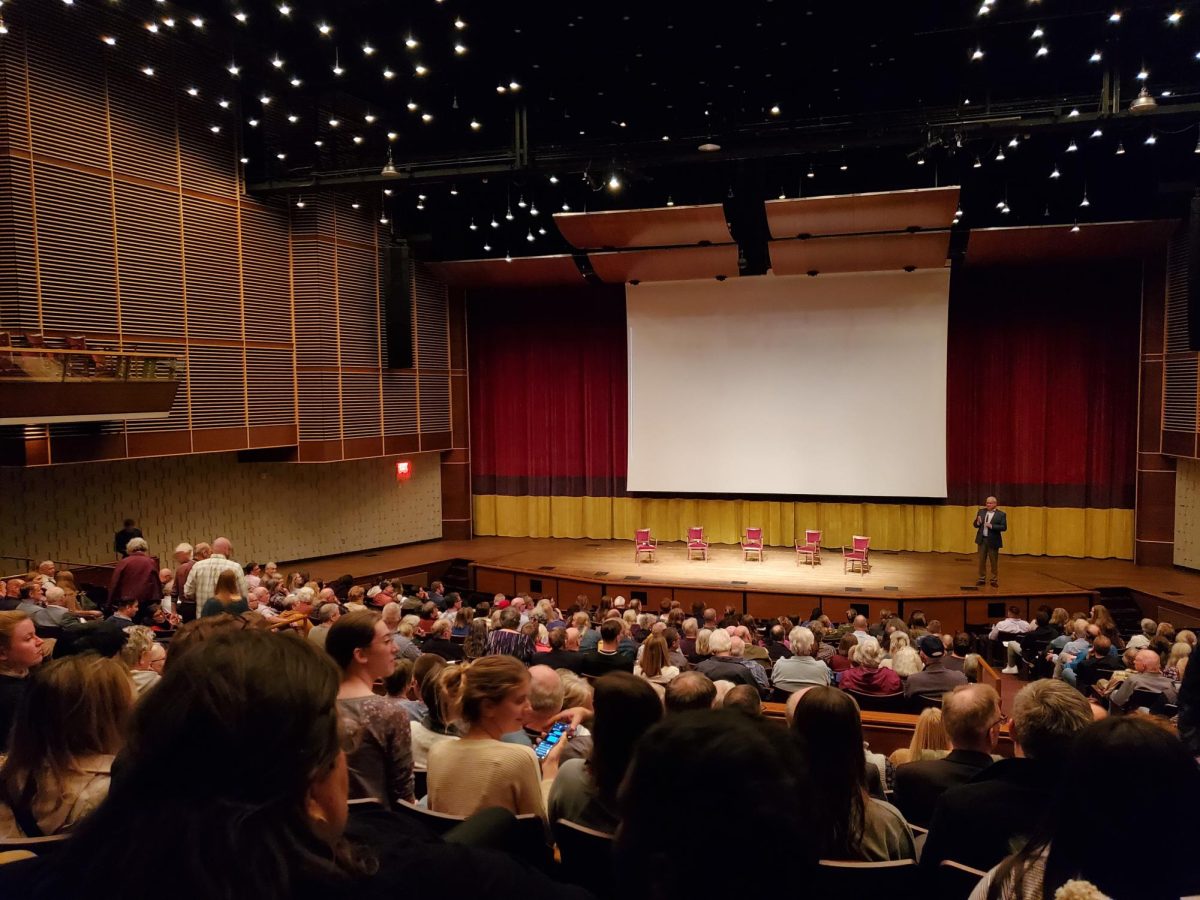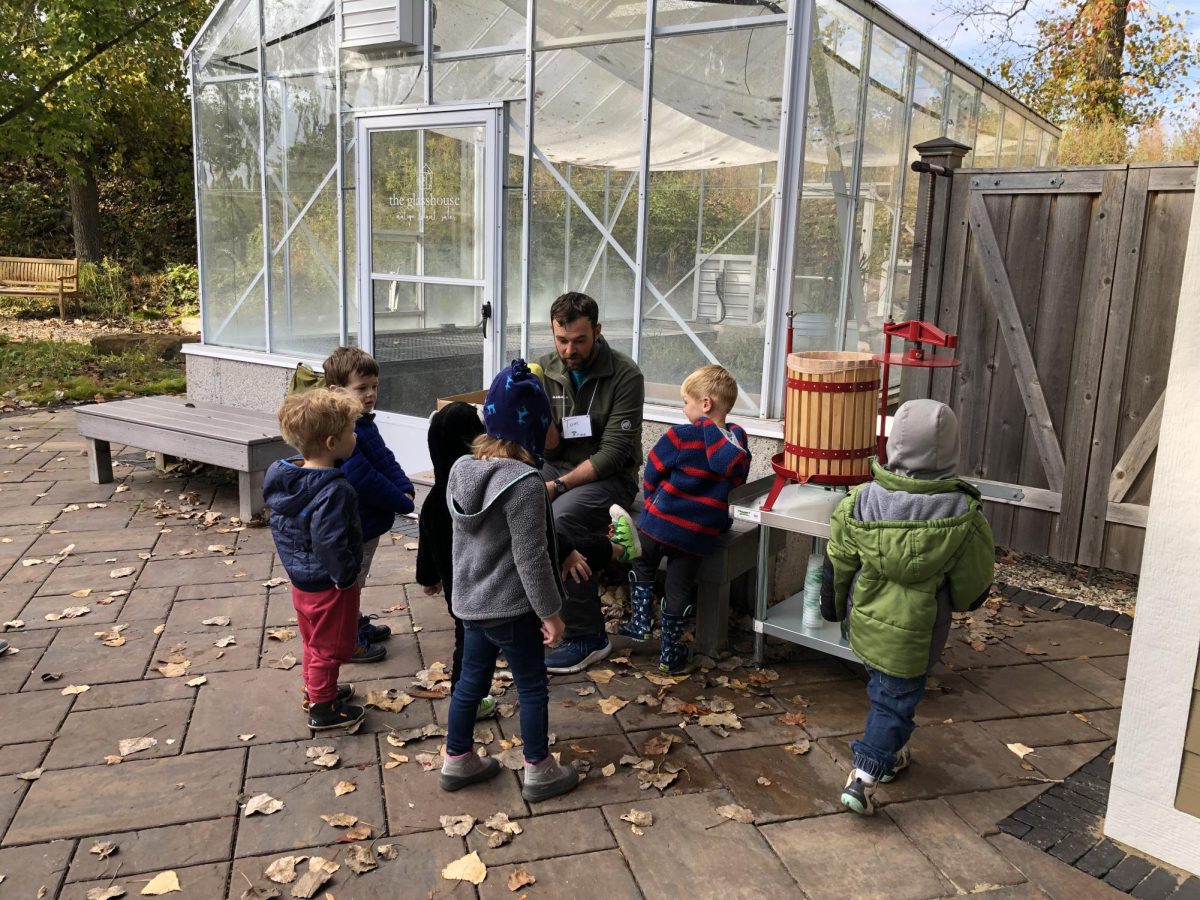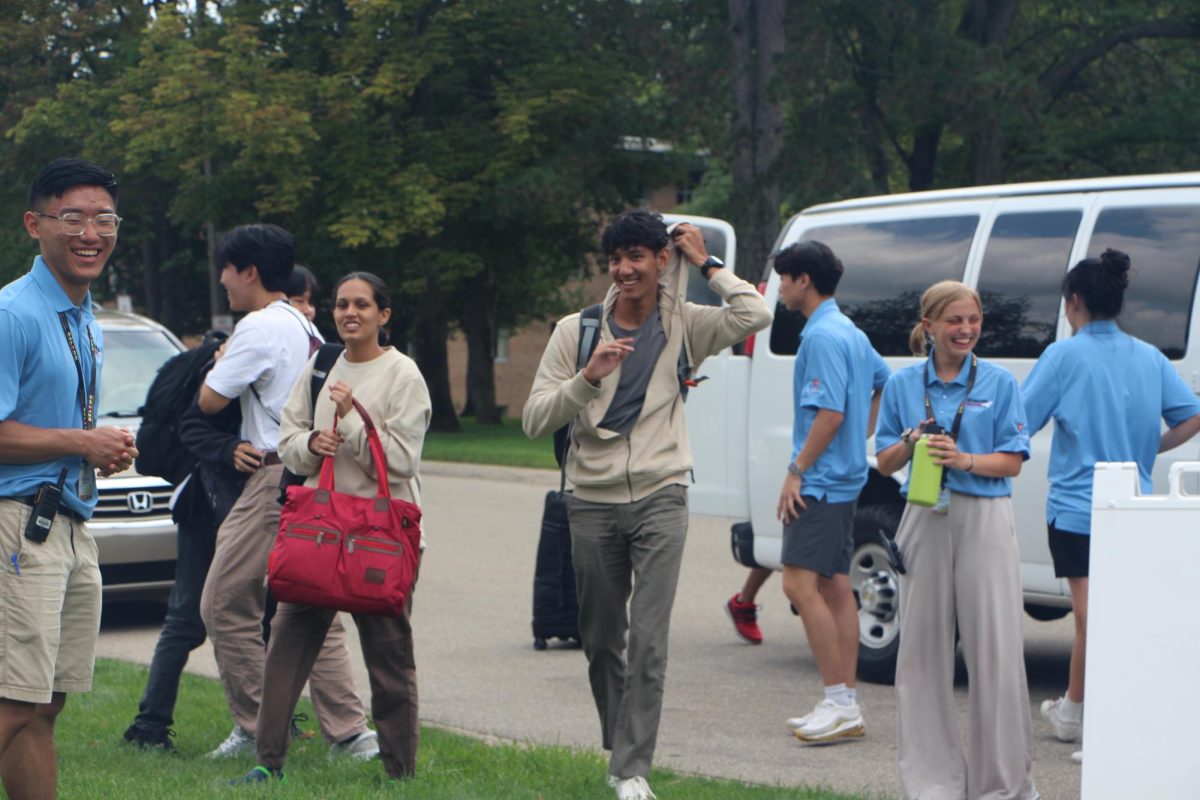How would you describe UnLearn Week? Is it about anti-racism? Culture? Stereotypes and prejudices? All of the above? The focus shifts each year, and everyone comes away with a little something different. This year, I — a veteran UnLearn Week supporter and attendee — was struck by the importance of assumptions and vigilance.
One thing about this year’s UnLearn week that struck me was the number of events that spoke to white racial identity. UnLearn Week is widely understood as a week dedicated to actively making oneself aware of racial issues, which typically translates into events that highlight other races and cultures. This is always warranted and wonderful, but this year the people behind UnLearn week chose to invest a fair amount of time to white racial identity, specifically invisible privilege. It brought another lens to this whole week.
It made me realize more than any UnLearn Week before. that I, too, am a part of the conversation. By assuming and perpetuating the idea that UnLearn week is only about anti-racism or only has to do with minorities, students diminish the power and potential of the whole idea. By passing off UnLearn Week as unnecessary or inconsequential, we further marginalize those it seeks to celebrate.
But there, in that sentence, I also made another assumption: that we can clearly define who UnLearn Week is about. Race and culture does not just apply to “minorities.” “White culture” plays just as much a role in the discussion, and I think we sometimes gloss over it.
By making and perpetuating such assumptions, the white majority subconsciously remove ourselves from the picture. We can step away from the sometimes-uncomfortable conversation about culture and anti-racism, but we also miss the celebration and learning that comes with it. This only undermines the values of community and diversity we claim to foster here at Calvin.
UnLearn Week this year reminded me we must always be vigilant. We need to understand the underlying assumptions that back our words, and understand the ideas we’re passing on to others. By allowing faulty assumptions shape our view of and participation in UnLearn Week and all the topics therein, then not only do we undercut the significance of everyone invested in these important issues, but we end up in a worse place than where I started.



